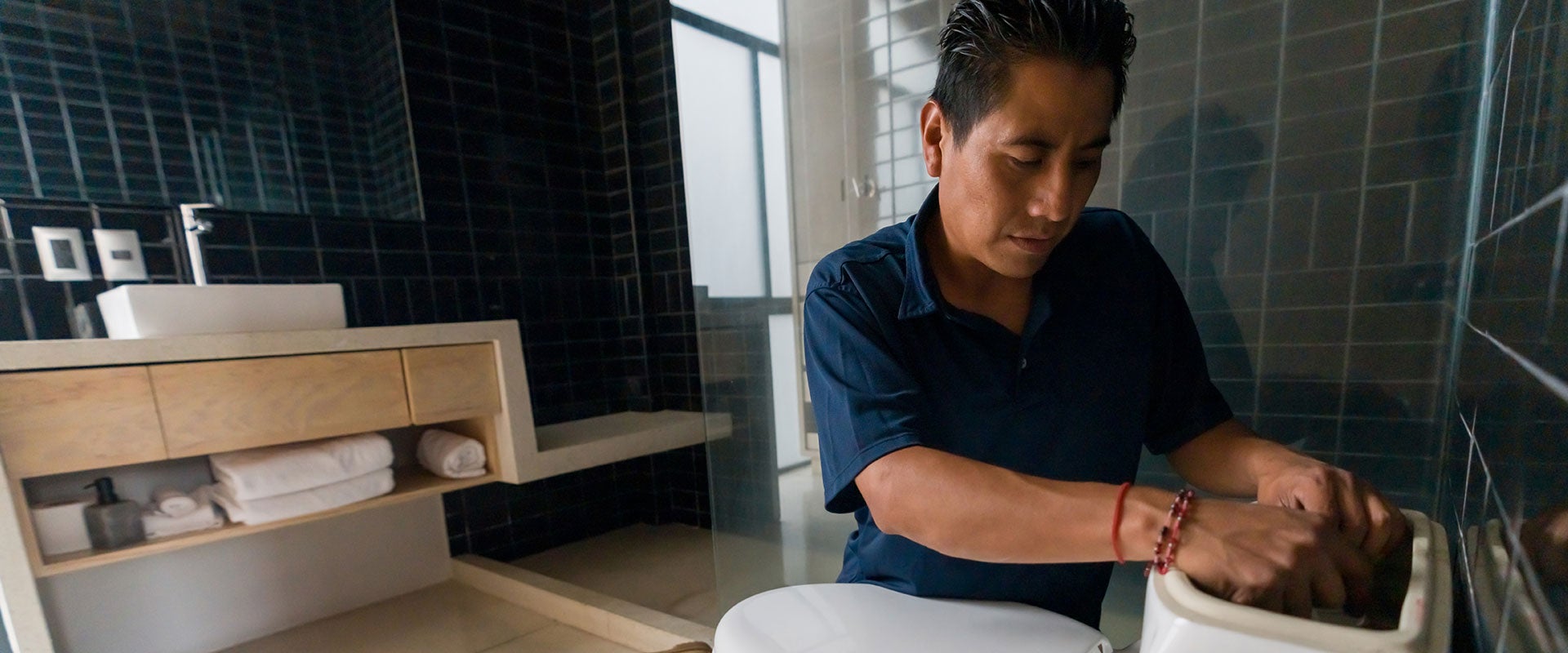Local SEO is a great way to increase your business’s visibility online. Whether you’re a Seattle wedding photographer or an Italian restaurant in Los Angeles, local search can help your customers find you and convert into customers.

Local seo uses several tactics to optimize a website and Google Business profile for local searches. This includes keyword research, on-page optimization, and local citations.
Identifying local keywords is one of the first steps to optimizing your website for local search. It is also important to include those keywords in your content. Using local-focused keywords will help you rank higher in Google searches, and it will increase the chances of your business being found by potential customers. To find the right keywords for your business, use keyword research tools to determine what phrases users are searching.
You should also ensure that your business name appears in your title tags and meta descriptions. This will boost your ranking and improve user experience. However, you must ensure that the name is not too long. Keeping the name short and concise will help users easily identify your business in search results. It is also helpful to include the keywords in the body of your content, but make sure that they are not overused.
In addition to attracting new customers, local SEO can help you generate more sales and leads from your existing audience. This is because it targets people who are actually looking for your products or services. It also helps you avoid spending money on expensive ads.
The key to a successful local SEO strategy is creating useful and valuable content. This can be in the form of blog posts, podcasts, videos, or anything else that is relevant to your target audience. The content should be informative and engaging, and it should also be optimized for your geographic area.
Local SEO is a critical component of any marketing campaign. It allows small businesses to compete with big-name competitors without the expense of traditional advertising. In addition, it helps them reach potential customers in a timely manner. It is also a great way to build brand awareness and promote special offers.
Although a number of SEO tools can be used to improve local SEO, the best option is hiring an expert. These professionals will be able to navigate the latest SEO trends and understand how they affect your local rankings. They can also provide you with advice on implementing the most effective strategies for your business.
On-page optimization
While traditional SEO focuses on optimizing your website to rank higher for general search terms, local SEO aims to improve your visibility in specific geographic areas. It requires a combination of different factors, including Google Business Profile optimization, citations, and reviews. These factors vary in importance, so it’s important to keep an eye on the latest trends and updates. A good place to start is Moz’s annual local search ranking factors survey, which highlights the top 35 to 40 most influential signals in Google’s rankings.
Local SEO can also help you build trust and credibility with your customers. When people see your business listed on multiple platforms with consistent information and positive reviews, they’re more likely to choose you over other businesses.
The best way to achieve this is by listing your service area in your Google Business Profile. In addition, you can also include it in your website’s header tag or meta description to ensure that users know whether your company serves them. You can also use your social media accounts to spread the word about your business.
On-page optimization is a crucial part of local seo, and it involves optimizing your website for local searches. This includes keywords, title tags, meta descriptions, and internal links. It’s also important to keep your URL structure optimized, and make sure your site loads quickly. Another on-page optimization technique is adding a locally relevant keyword to your page title. This will help you get more clicks and increase your rankings.
In addition to on-page optimization, local seo also includes optimizing your social media profiles. You can do this by updating your social media bios, adding a location to your profile, and creating targeted ads. These ads will only display to users who are searching for businesses in your area.
Finally, it’s important to optimize your website for mobile users. This will help you rank higher on Google’s search results, and it’ll also make it easier for users to navigate your site. To do this, you can add localized keywords to your website’s content and title tag, as well as optimize your images for local searches.
Local citations
Local citations are mentions of your business’s name, address, and phone number on third-party websites. They are an important component of local search engine optimization (SEO) because they help Google verify that your business exists. Local citations are particularly critical for small businesses with multiple locations. They also provide an opportunity to build trust and authority in your market.
You can optimize your local citations by checking their consistency and accuracy. Inconsistent NAP information can damage your reputation and lead to a loss of trust among potential customers. Small inconsistencies are acceptable, but you should strive for consistency. For example, if your company’s name is “Probill Software Services, Inc” on one citation but “Probill” on another, you should use the same spelling for all your citations. You can also check for duplicate citations with tools like Uberall, which can scan or monitor your local citations and identify inconsistencies.
A good citation profile requires consistent NAP information, as well as accurate website information. This will increase your chances of appearing in local search results. It will also help you improve your visibility in local organic searches. Additionally, a strong local citation profile can generate quality leads.
Having a solid local SEO strategy is crucial for any business that wants to appear on the first page of Google. The best way to do this is to create and manage a robust local citations list. There are many different ways to do this, including using a local citation tool or working with an experienced local SEO professional.
Some local citations are free, while others require a paid subscription to claim and verify your listing. Some are curated by data aggregators, while others are specialized directories that focus on your industry. The key is to find the right balance between free and paid listings to achieve a competitive advantage.
In addition to citations, local SEO includes optimizing Google Business Profiles and obtaining positive reviews from customers. Having a strong citation profile can help you rank higher in local search results, so it’s important to take the time to build and maintain one.
Reviews
Local SEO is a powerful tool that can boost a business’s online visibility and generate more traffic. It is particularly beneficial for small and new businesses, which may have a difficult time competing with established competitors in their niche. However, it’s important to understand the ins and outs of local SEO before you can implement it effectively. Local SEO is a process that involves optimizing your website to appear higher on search engine results pages (SERPs). It’s also an effective way to promote a brand and generate more sales. In addition, it can improve a business’s reputation, which is crucial for increasing traffic.
Local reviews are one of the most important factors in ranking a business on Google’s local pack. A lack of local reviews can be a huge deterrent for prospective customers. As a result, it’s imperative that your clients get as many reviews as possible to increase their chances of showing up in the local pack.
Fortunately, there are a few easy ways to collect and promote local reviews. A good place to start is with Google My Business. This platform lets you update your hours, services, and contact information, as well as add photos, videos, and links to your website. It is also a great place to manage your reputation, as it allows you to respond to reviews and comments from your customers.
Another useful tool is the Moz Local Tool, which helps you find competitor citations and optimize your site for local search. It also offers a number of other features, such as a site audit, a keyword research tool, and a map explorer. It’s free to use, and it can be a great resource for any local SEO campaign.
Using review generation tools like BirdEye or Podium can help you save time by automating your review requests. Depending on the service, these tools will send out email or SMS messages to your customers after each visit or purchase. They will also notify you of negative feedback, so you can address them immediately. Some review generation tools will even provide you with reports and analytics on the effectiveness of your campaigns.




